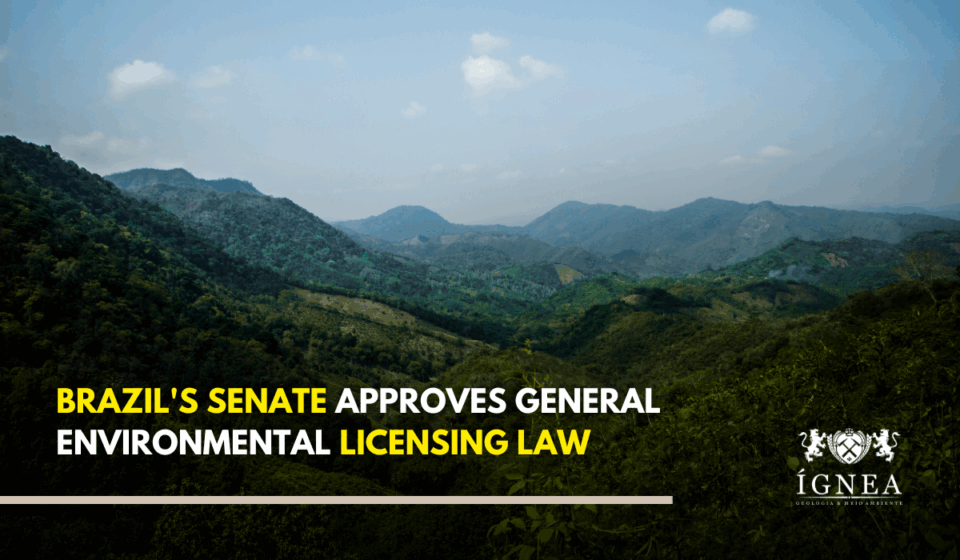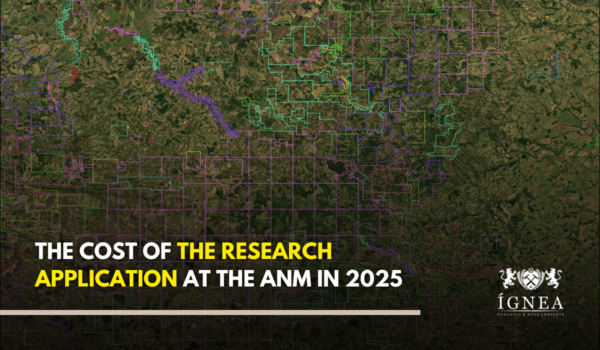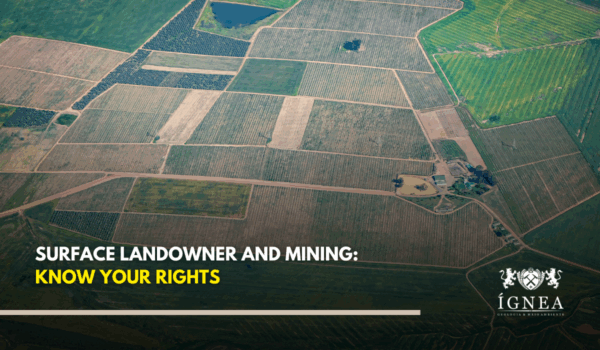On May 21st, the Federal Senate approved Bill No. 2,159/2021, aiming to establish the General Environmental Licensing Law (LGLA) in Brazil. The proposal’s core objective is to unify and simplify the rules for issuing environmental licenses.
The Senate’s approval passed with 54 votes in favor and 13 against, following its earlier approval by the Chamber of Deputies. The bill now returns to the Chamber for review of the amendments introduced by the senators. If these modifications are confirmed, the text will proceed to presidential sanction.
What the New Legal Framework Establishes
The text approved by the Senate incorporates provisions that redefine the regulatory framework for environmental licensing. The main provisions are:
- Inclusion of Mining: Unlike the original text from the Chamber of Deputies, which explicitly excluded licensing for large-scale or high-risk mining activities, the Senate reinstated mining tenements within the law’s scope.
- License by Adhesion and Commitment (LAC): This simplified licensing model relies on the entrepreneur’s self-declaration. Requirements for its application were altered in the Senate, including: small or medium size and low or medium polluting potential; absence of environmental fragility identified by the licensing entity; prior knowledge of the region’s characteristics, installation and operation conditions, and environmental impacts; no need for native vegetation deforestation; and submission of an Enterprise Characterization Report (RCE).
- Single Environmental License (LAU): The LAU consolidates, in a single step, the authorization for the installation, expansion, and operation of enterprises. This license covers the approval of environmental control and monitoring measures, and may also establish conditions for the activity’s deactivation.
- Automatic License Renewal: Automatic renewal is foreseen for activities classified as low or medium polluting potential and small or medium size by the federative entity, provided a report demonstrating compliance with the conditions is presented. Exceptions include changes in the enterprise’s characteristics or size, or modifications in environmental legislation.
- Licensing Exemption: The bill provides for licensing exemption for at least four categories of small-scale agricultural activities with low environmental risk, based on objective technical criteria. Other activities that pose no environmental risk or are essential for national sovereignty or in situations of public calamity may also be exempted.
- Impacts on Indigenous and Quilombola Territories and Conservation Units: For measuring licensing impacts and involving intervening bodies, the text considers indigenous lands only those with homologated demarcation and quilombola territories as areas titled to descendants of these communities. Conservation units will only be considered in cases of direct impact.
- Increased Penalty for Operating Without a License: Article 60 of the Environmental Crimes Law (Law No. 9,605/98) sees its base detention penalty raised from 1 to 6 months to 6 months to 2 years. There’s a possibility of applying double the penalty in situations requiring an Environmental Impact Study (EIA) and an Environmental Impact Report (RIMA).
This is an important step towards balancing economic development and environmental protection in the country. The outcome of this legislative process will define the foundation for future ventures in Brazil.
📷Canva/Edition ÍGNEABR














